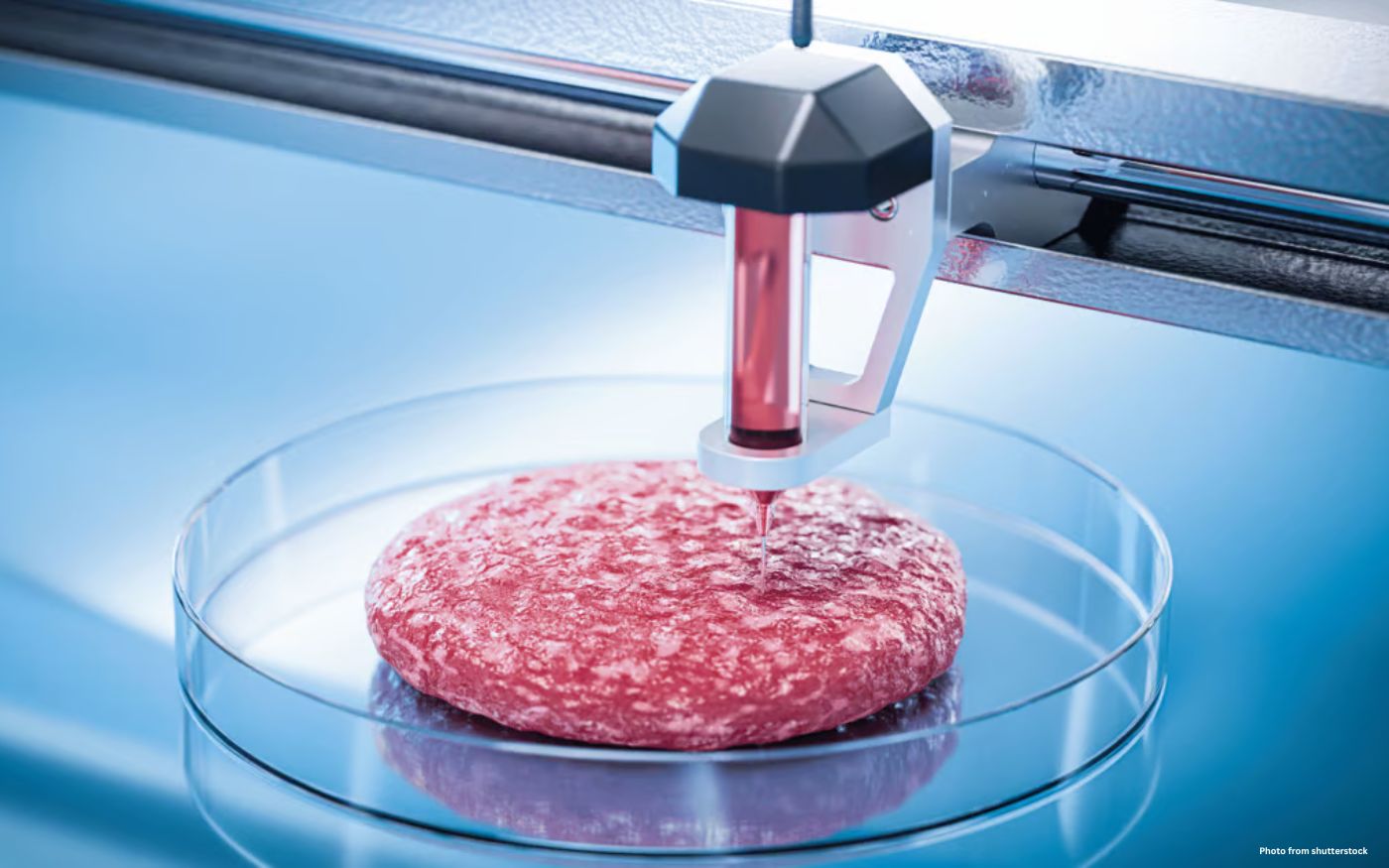Research by: Ashish Kalra, Raj Agnihotri, Rakesh Singh, Sandeep Puri, & Narendra Kumar
Executive Summary
Even in the broader body of knowledge relating to industrial/organizational psychology, work-related motivation remains one of the most intriguing and widely debated topics. In a sales context, it has been widely accepted that a motivated sale force is a key to enhancing organizational effectiveness. Rooted in the self-regulation theory, self-leadership is a self influence process through which salespeople can self-direct and self-motivate themselves to achieve better results. Self-leadership includes specific behavioral and cognitive strategies that enhance personal effectiveness. These behavioral and cognitive strategies operate within and through the theoretical contexts of self-regulation, social cognitive, self-control, and
intrinsic motivation theories. Although the role of self-leadership is important, it remains understudied in the business-to-business (B2B) selling context. This study empirically investigates the mediating effect of BSL in self-efficacy – adaptive selling relationship and the mediating effect of adaptive selling in BSL sales performance relationship. This study further examines the boundary condition (i.e. a salesperson’s technical knowledge) for the linkages among self-efficacy, BSL, adaptive selling, and sales performance. This can extend the understanding of the interaction mechanism of motivational trait (i.e. self-efficacy) and job readiness (i.e. technical knowledge) and demonstrate its impact on organizational outcomes
such as sales performance. This study aims to provide insights into the drivers and outcomes of behavioral self-leadership tested through a sample working in pharmaceutical sales in an emerging economy. In accord, the authors investigate the relationships between self-efficacy, behavioral self-leadership, adaptive selling, and ultimately sales performance. This study also investigates the moderating role of technical knowledge.
Data were gathered from 208 salespeople working in the pharmaceutical industry. AMOS 21.0 and SmartPLS3.0 were utilized to test the conceptual framework. The study finds that self-efficacy is positively related to behavioral self-leadership that in turn is positively related to adaptive selling and sales performance. In addition, counter-intuitive findings were uncovered related to salesperson’s technical knowledge. Those with high technical knowledge exhibited weaker relationship between self-efficacy and behavioral self-leadership, behavioral self-leadership and adaptive selling and that between behavioral self-leadership and sales performance than their counterparts with low technical knowledge. This study extends work on self-leadership by exploring the effect of self-efficacy and behavioral self-leadership on sales performance.
This study also extends the theory on salesperson’s knowledge by proposing the counter-intuitive effect of knowledge and self-efficacy and knowledge and behavioral self-leadership on adaptive selling and sales performance. Sales managers should consider that not all employees indulging in behavioral self-leadership would reap benefits from the same. As such, sales managers should assess the level of technical knowledge of the salesforce and when determining their training programs that develop such self-leadership skills. The study is one of the first to consider the drivers and outcomes of behavioral self-leadership and technical knowledge in a B2B sales context. By focusing on the interplay between knowledge and self-efficacy and knowledge and behavioral self-leadership, this study provides greater understanding of the effects of behavioral self-leadership than previously expected by sales researchers.
To cite this article: Kalra, A., Agnihotri, R., Singh, R., Puri, S., & Kumar, N. (2020). Assessing the drivers and outcomes of behavioral self-leadership. European Journal of Marketing. https://doi.org/10.1108/EJM-11-2018-0769.
To access this article: https://doi.org/10.1108/EJM-11-2018-0769
About the Journal
The European Journal of Marketing offers unparalleled insights on new research, current practice, and future trends so that practitioners and academics can gain a useful overview of marketing activity and apply that knowledge to develop appropriate strategies.
SJR: 91 | ABS: 3





